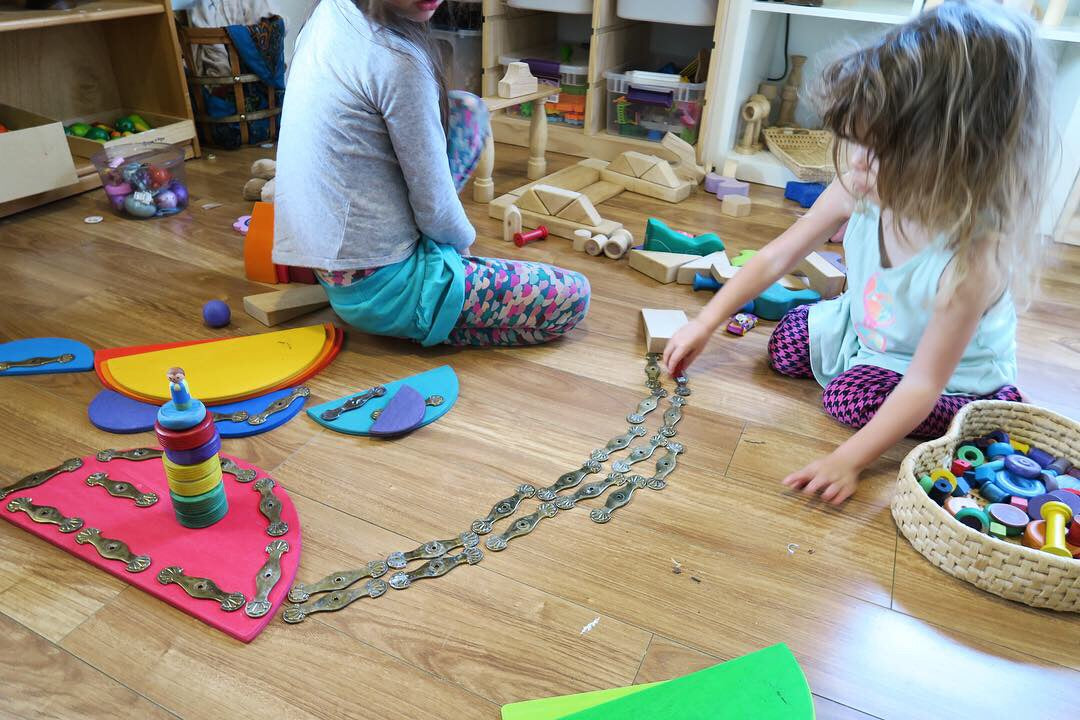In our fast-paced world, where screens and structured activities often dominate a child's day, it might seem counterintuitive to suggest that boredom can actually be beneficial. However, research and child development experts agree that allowing children to experience boredom can be a catalyst for nurturing their creativity, fostering independent play, and igniting their imagination. Let's explore why boredom is good for children and how it can contribute to their holistic growth.
1. Encourages Imagination and Creativity: When children are bored, they are forced to rely on their imagination to fill the void. This process of generating ideas and inventing stories stimulates their creative thinking. Without the immediate distraction of screens, children are more likely to explore their surroundings, create their own games, and devise imaginative scenarios. This unfettered imagination is a valuable skill that can lead to innovative thinking in the future.
2. Promotes Open-Ended Play: Boredom gives rise to open-ended play, where there are no specific rules or predetermined outcomes. This type of play encourages children to experiment, problem-solve, and develop a sense of agency. By engaging in activities with no defined structure, they learn to adapt and explore different approaches, boosting their cognitive flexibility and resilience.
3. Fosters Independent Play: When left to their own devices, children learn to rely on themselves for entertainment. This fosters independence, self-reliance, and a sense of autonomy. Independent play allows children to discover their interests and preferences, cultivating a deeper understanding of themselves.
4. Enhances Attention Span: In a world of constant stimulation, children's attention spans can suffer. Allowing moments of boredom can help reset their ability to focus on a single activity for an extended period. This skill is essential for academic success and overall cognitive development.
5. Cultivates Problem-Solving Skills: Boredom often presents children with challenges that they need to overcome on their own. Whether it's figuring out how to build a fort with household items or inventing a new game, these moments of problem-solving strengthen critical thinking skills and boost confidence.
Incorporating Boredom in a Balanced Way: While the benefits of boredom are clear, it's essential to strike a balance. Providing children with open-ended materials, such as art supplies, building blocks, or natural objects, can help facilitate boredom-induced creativity without overwhelming them. Encouraging outdoor exploration, limiting screen time, and allowing unstructured playtime can also create opportunities for healthy boredom experiences.
In conclusion, boredom is not the enemy but rather a powerful tool that nurtures a child's imagination, independence, and cognitive abilities. Embracing moments of boredom enables children to tap into their inner world, fostering skills that will serve them well throughout their lives. So, let's celebrate the value of boredom and give our children the space they need to grow, create, and thrive.

